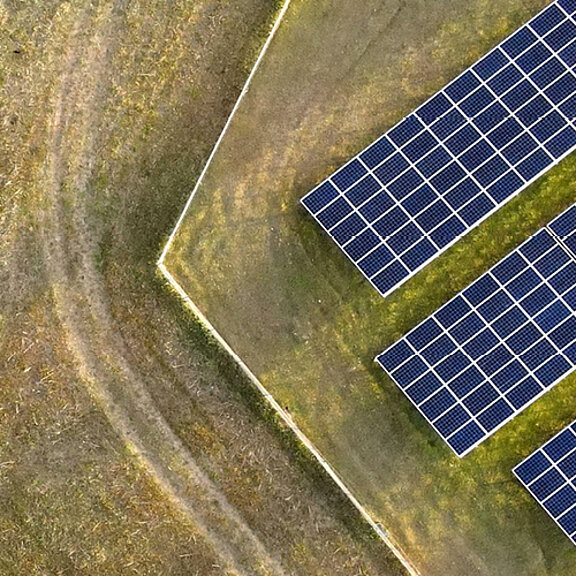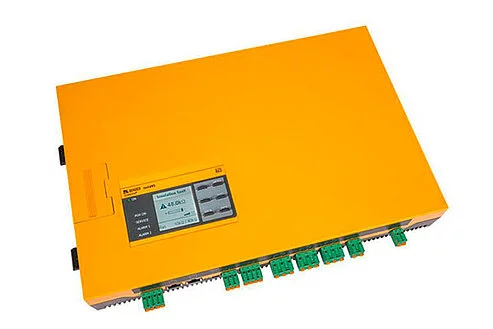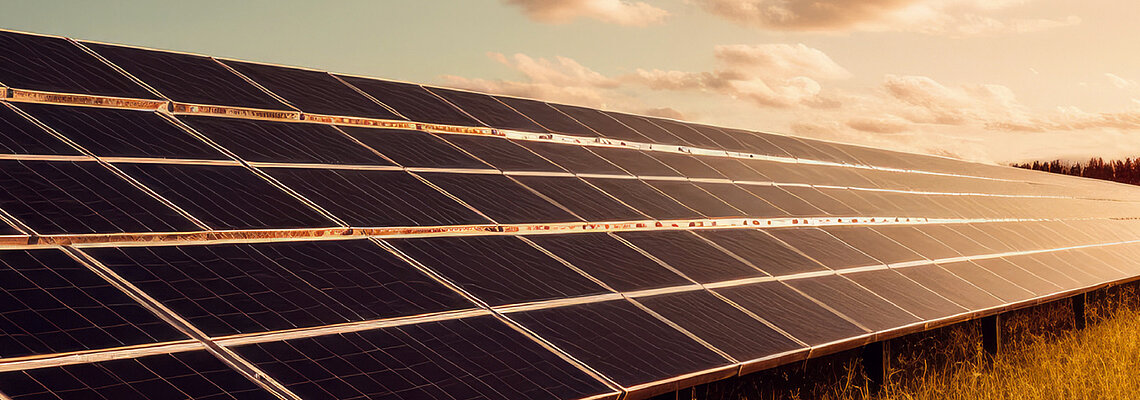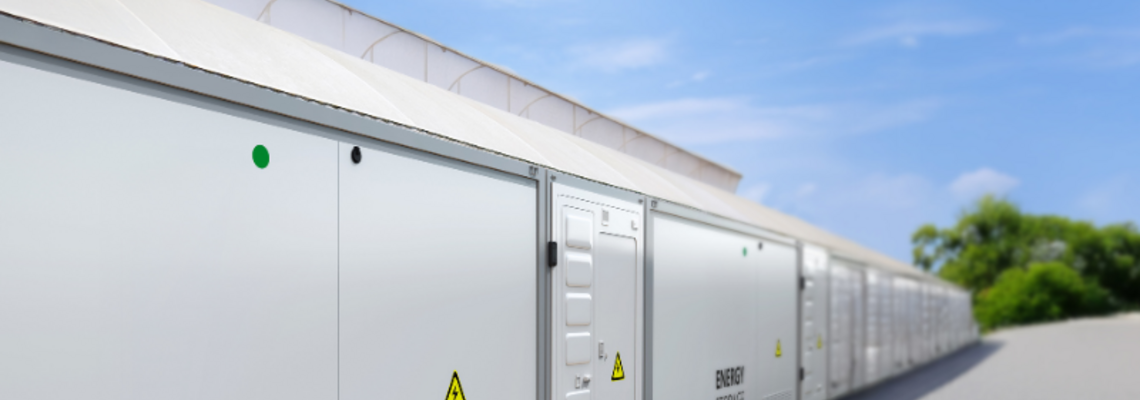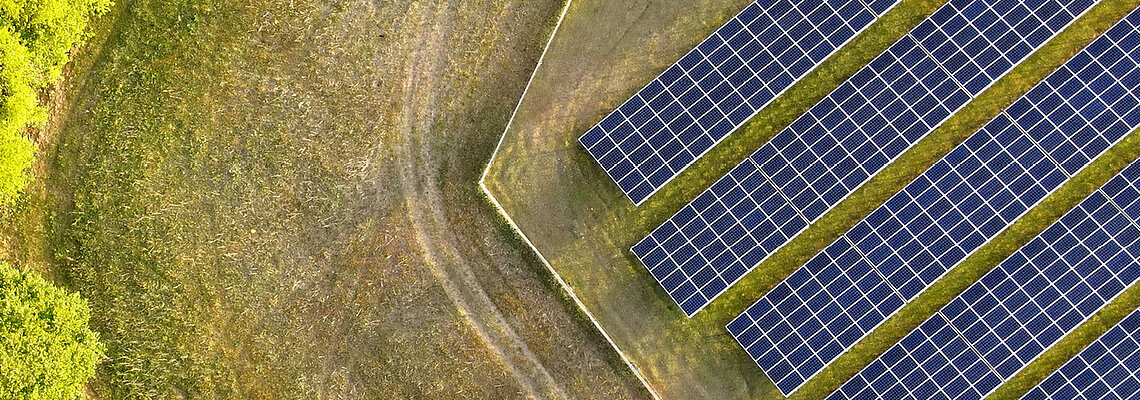
Stable operation of solar power plants even in dew, rain and ice
The ISOMETER® isoPV1685DP is ideal for this purpose. On the one hand, it is designed for the special requirements of large solar power plants, such as the required voltage of 800 V AC / 1500 V DC and ambient temperatures of up to +70° C. Above all, however, the ability to control the dynamic insulation conditions and the resulting leakage capacities of up to 4000 µF ensures a stable and error-free start-up phase for the systems and thus also higher yields for the solar parks.
